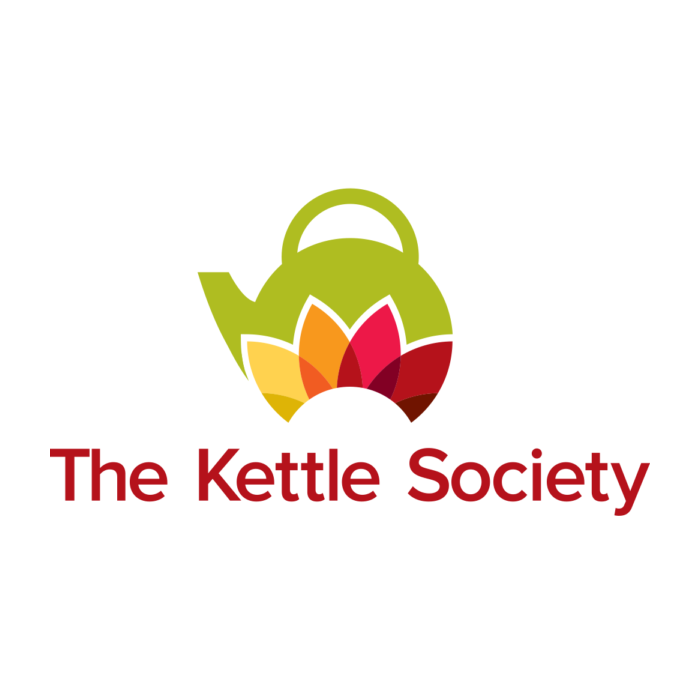More Than a Bad Day:
Debunking Myths About Mental Health & Addiction
Mental health challenges affect 1 in 5 Canadians each year*, yet persistent myths create barriers to recovery and make it harder to provide the right support.
At the Kettle Society, we’ve spent decades supporting individuals with mental health and addiction challenges, and we know that informed compassion is the first step toward genuine support. Whether you’re supporting a loved one or seeking to better understand mental health challenges, read on to debunk 4 common myths about mental health and addiction.
Myth 1: Mental Health Isn’t a Real Illness — It’s a Sign of Weakness
Fact: Mental illness is a real health problem. It can be caused by a combination of biological, psychological and environmental factors, and isn’t something a person can simply “get over”. Mental illnesses don’t go away on their own, and deserve effective treatments — just like a physical illness.
Myth 2: All People with Mental Illness and Addiction are Dangerous
Fact: This is a harmful and incorrect stereotype that’s often fueled by the media. In reality, people with a mental illness are more likely to be victims of violence — not the perpetrators.
Myth 3: You Have to Hit Rock Bottom to Get Help
Fact: The idea that someone must be in crisis in order to receive help is a dangerous misbelief that can lead to tragic consequences. Recovery can and should be offered at any point — and the sooner a person can seek help, the better.
Myth 4: Addiction is a Result of Bad Parenting or Moral Failing
Fact: Addiction is a complex disease that changes brain chemistry and is influenced by a combination of genetics, environment, and personal circumstances. It’s a misconception that people struggling with addiction lack willpower, had bad upbringings, or are weak — nobody chooses to become addicted.
The Kettle’s Approach: Countering Myths through Our Mission
We help change lives through meals, homelessness outreach, a mental-health drop-in, housing, addiction recovery and more. Grounded in dignity and inclusion, our work directly responds to these harmful myths by supporting people with mental illness in Metro Vancouver to lead healthier, fuller lives.
Here’s how we’re creating pathways to recovery, stability and hope:
A Place of Belonging & Dignity: Our Mental Health Drop-In Centre is an inclusive space where all are welcome, no matter where someone is on their mental health and recovery journey.
Integrated Care: From our outreach work, health clinic, supportive housing programs and more, people can access practical community services to help them find the support they need.
Person-Centered: We believe in a person-first approach. From the language we use to the programs we offer - such as our Recovery Cafe - we put the person before any diagnosis or circumstance. Our model is based on the knowledge that a person’s sense of self can be drawn from their membership in social groups, and these social identities can help people positively shape their behaviour and to achieve their goals.
Full Support: We offer a wide range of emergency and long-term supports, from meals to homelessness outreach to medical support, art therapy, choir and culinary programs. We create opportunities for members to rediscover their voice and the unique ways they express their individuality.
What Next? Join The Kettle Community!
Understanding the facts is just the beginning. Real change happens when communities come together and choose to combat stigma with compassion.
Ready to learn more about mental health and The Kettle's work? Subscribe to our newsletter to receive stories of recovery, resources, and updates on how you can make a difference.


